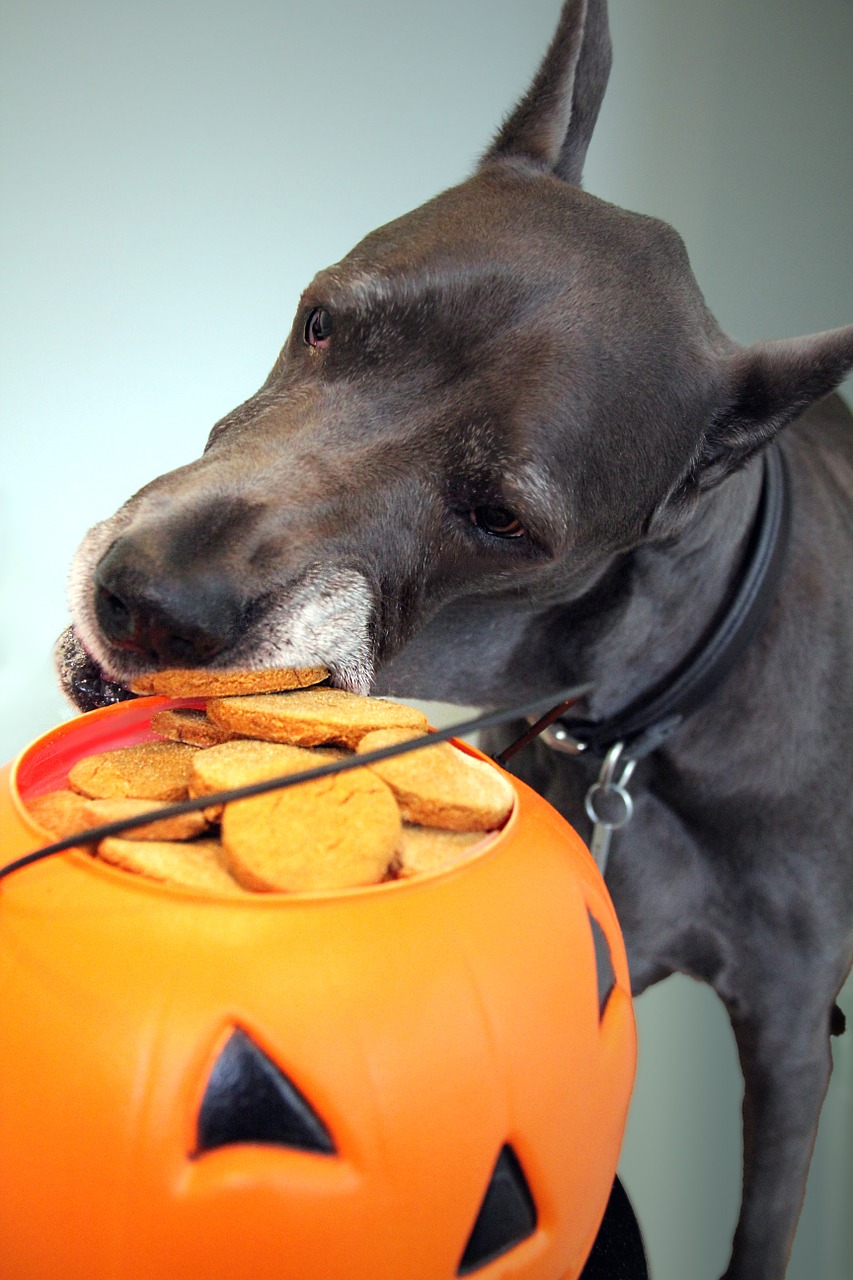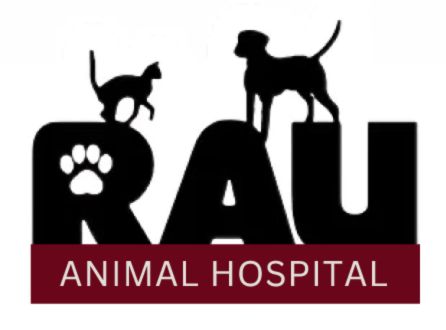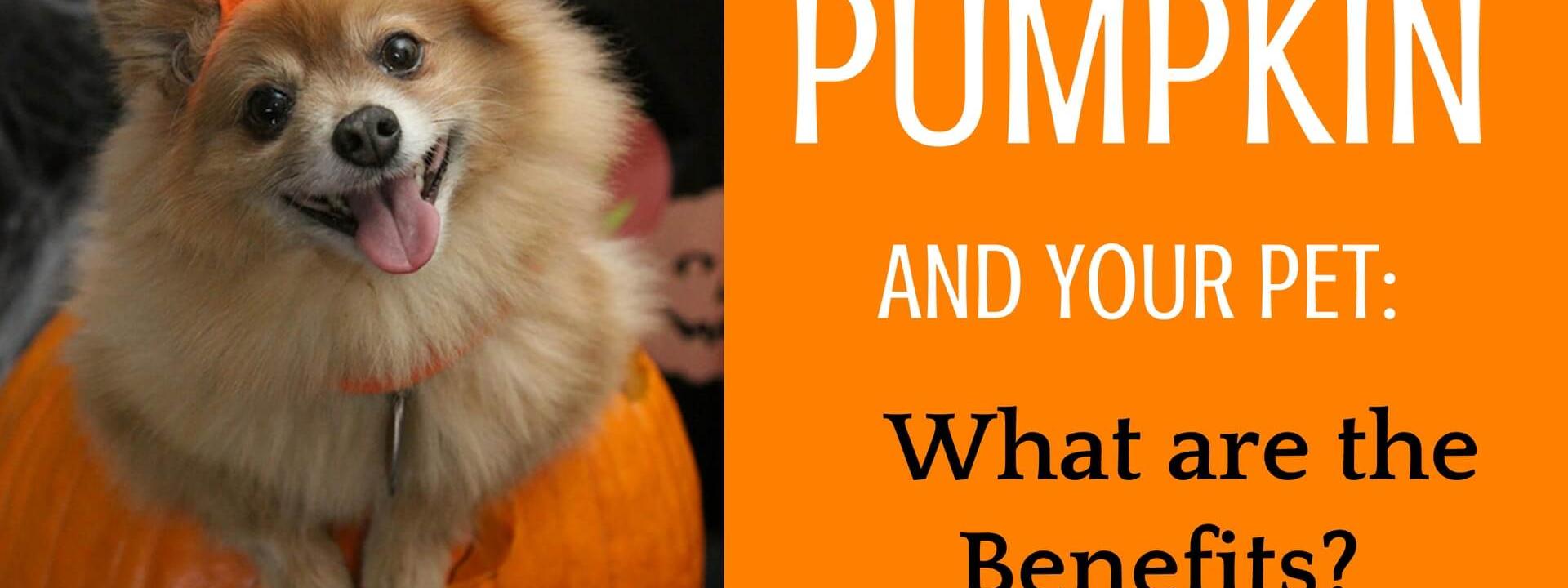This time of year, pumpkin and the holidays go hand in hand. When I think of pumpkin, however, I think of a powerhouse of nutritional benefits — not only for humans, but for our furry companions as well.
Pumpkin is packed full of beta-carotene and other phytonutrients, such as lutein, flavonoids and cryptoxanthin. These natural chemicals help ward off disease and keep the body functioning properly. The bright orange fruit is also a great source of vitamins A, C, E and B, as well as minerals and fiber.

In traditional Western veterinary medicine, pumpkin is primarily used to promote digestive health. Because of the magic of fiber, pumpkin may be used to alleviate both constipation and diarrhea. In constipated pets, fiber helps draw water into the colon and soften feces. In pets with diarrhea, fiber acts as a prebiotic, which feeds the beneficial bacteria within the colon. This beneficial bacteria keeps the absorptive lining of the colon happy and healthy and promotes normal bowel movements.
The antioxidants found in pumpkin are also beneficial when absorbed by the small intestine. Ideally, all pumpkin should be cooked or pureed for optimal absorption.
In addition to its dietary benefits, low-calorie pumpkin may also be helpful for weight management. Consider replacing a portion of your pet’s regular diet with a small amount of canned or pureed pumpkin (1/4 to 1/8 cup per 10 pounds of body weight) to promote weight loss. You may rotate in other fiber-rich vegetables or legumes, such as broccoli, Brussels sprouts or black beans as well. Because of its high fiber content, pumpkin is also safe and beneficial to feed to diabetic pets.
Protein-packed pumpkin seeds in small amounts may be given as treats, but use caution —your pet must be large enough to pass the seeds in case they slip by unchewed. Unfortunately, that rules cats and small dogs out!
Some studies have indicated that there may also be benefit in clearing intestinal parasites using pumpkin seeds, but I do not recommend this method as the large volumes of seeds needed can create irritation and constipation.
From a traditional Eastern standpoint, pumpkin is sweet and warming to the body. In small to moderate amounts, it strengthens and tonifies digestion, meaning that it promotes the transformation of food to nutritive substances for the rest of the body.
One of the few warming fruits available, pumpkin is especially beneficial for older, weak or debilitated animals as it helps restore vigor and replenish Qi or life force. Because of its plentiful antioxidant vitamin and flavonoid compounds, pumpkin is also very good for the eyes and skin.
Many other winter squashes — including butternut, acorn, and spaghetti — are warming to the body as well. These warming foods are ideal to feed in the cooler months.
If your pet has not yet had the pleasure of a pumpkin snack, be sure to start with only small amounts. Cats may be fed one teaspoon to one tablespoon per can of food. Dogs may be fed this amount per 10 to 15 pounds of body weight.
Enjoy our cooler fall weather and feel free to enjoy the wonderful benefits of pumpkin!
 Pumpkin Peanut Butter Dog Treats
Pumpkin Peanut Butter Dog Treats
Ingredients:
2 1/2 Cups whole wheat flour
2 Large eggs
2/3 Cup pumpkin puree
3 tbsps Peanut butter
To check out the full recipe, go here!

